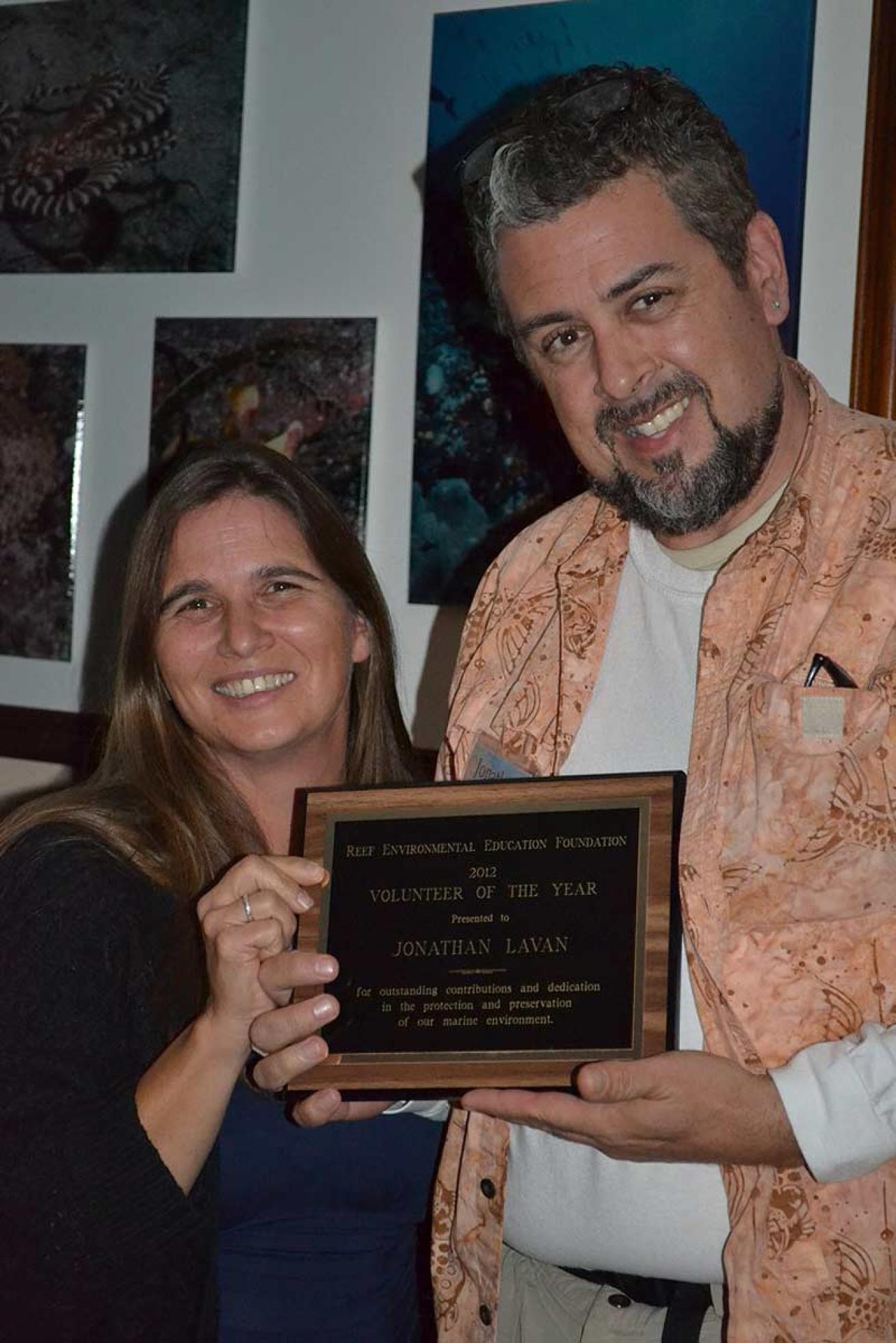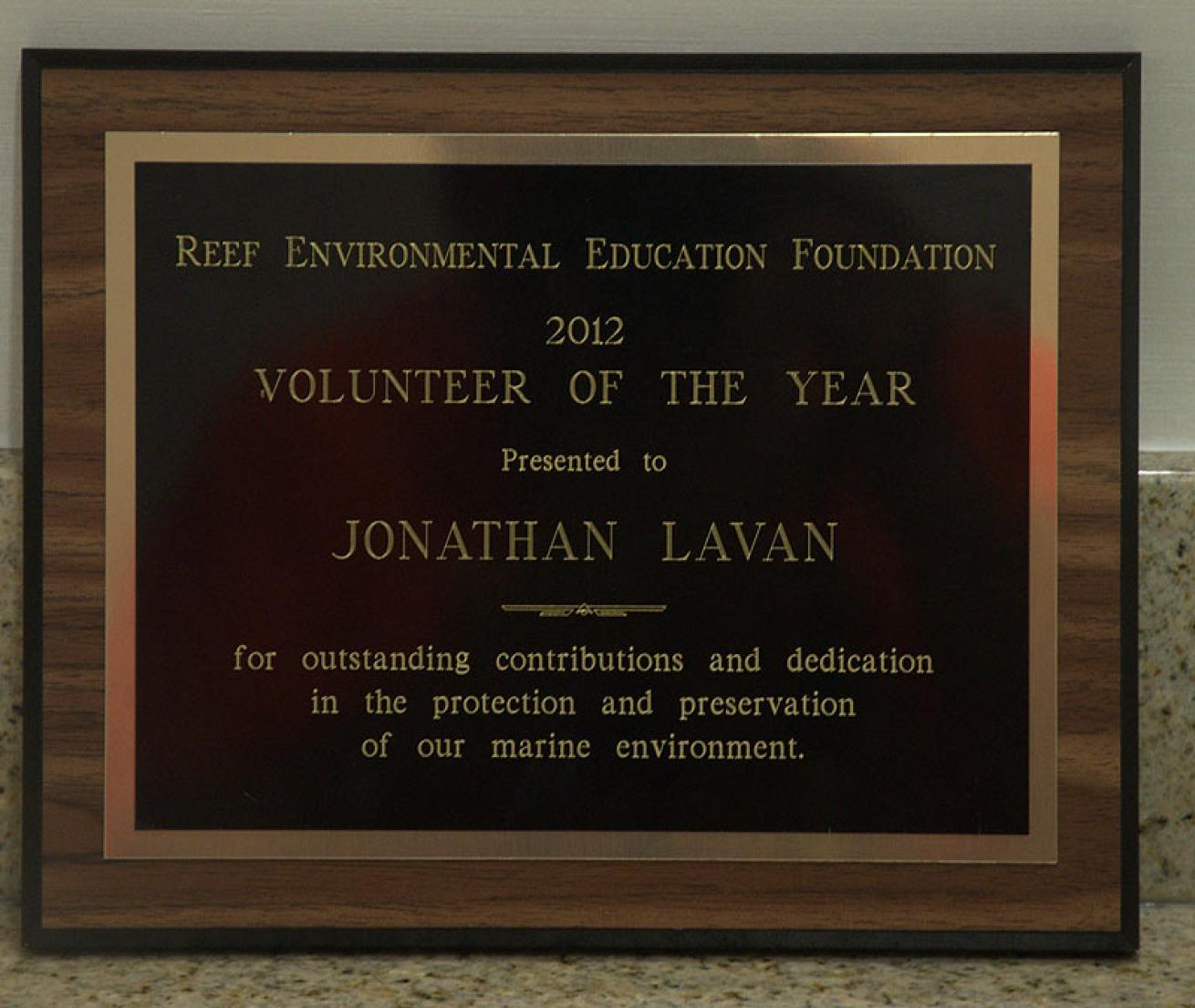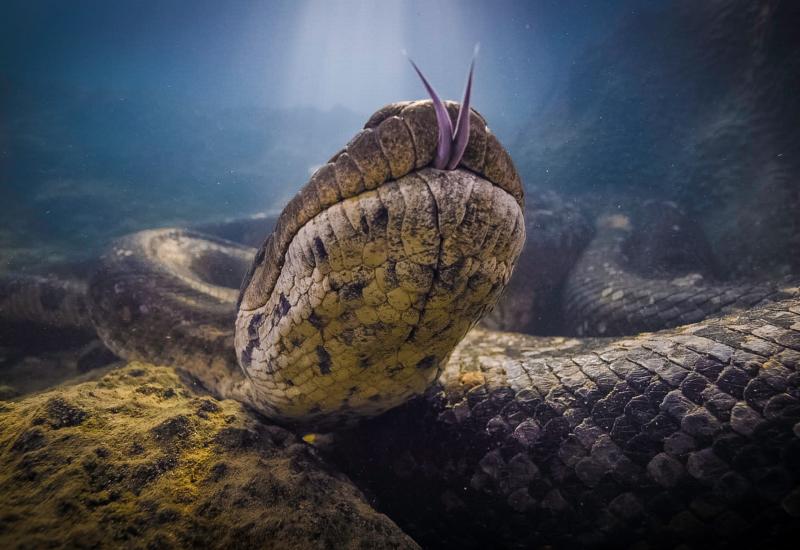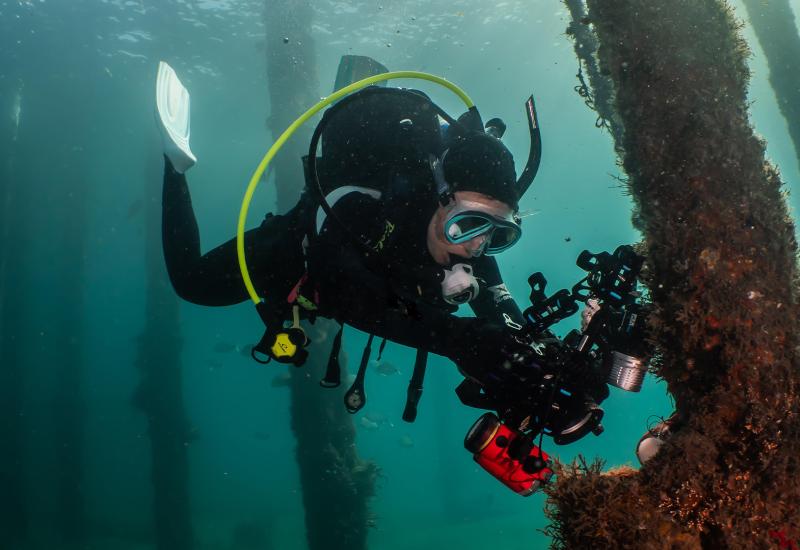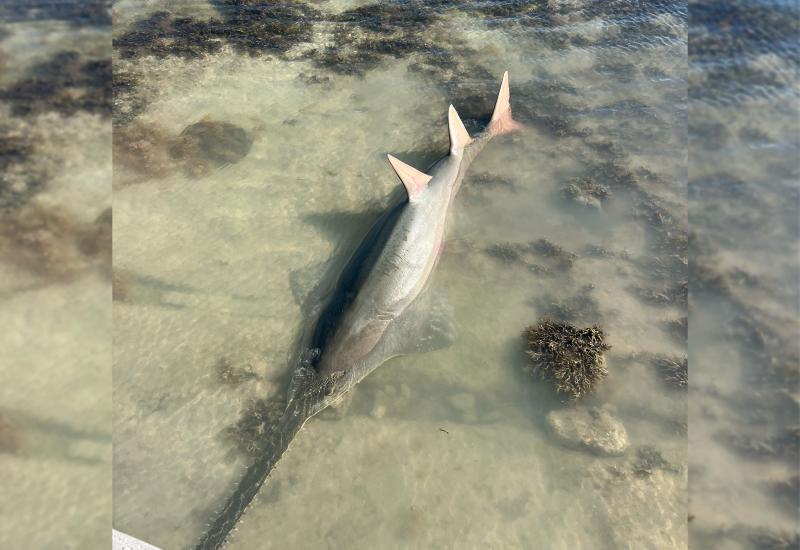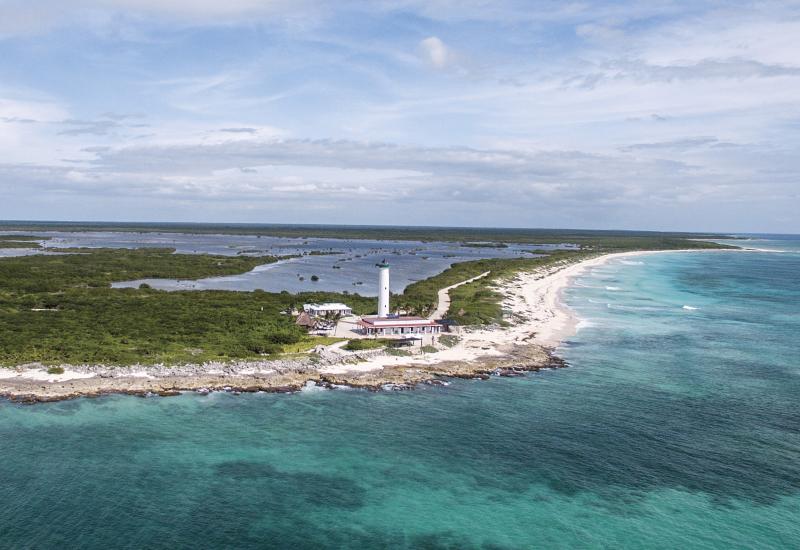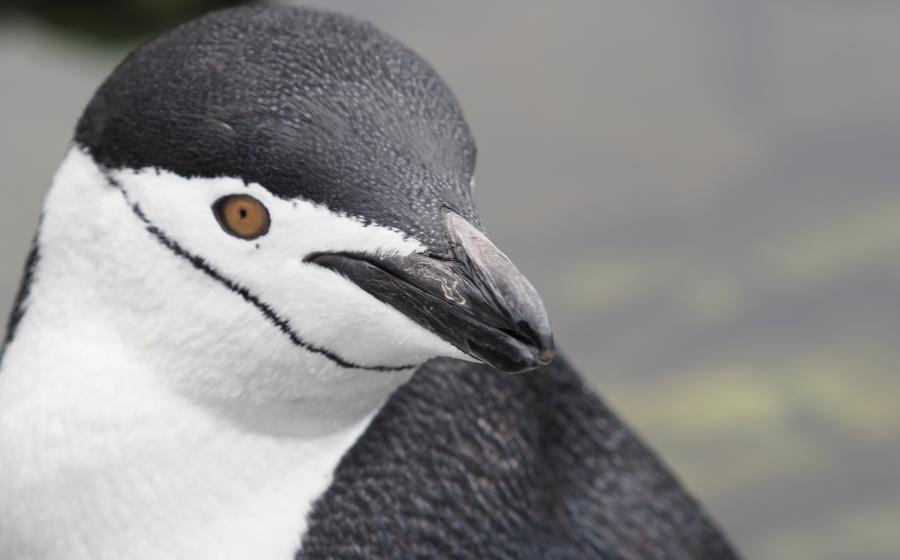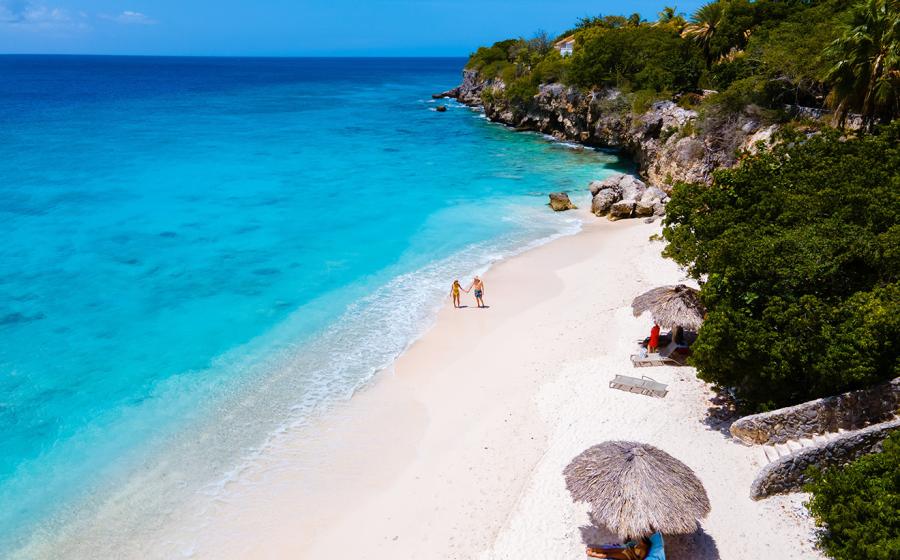Meet the REEF 2012 Volunteer of the Year
Photographer and surveyor Jonathan Lavan was recognized last March as the REEF 2012 Volunteer of the Year for his work surveying fish and teaching REEF’s online webinars, called fishinars. Scuba Diving Magazine had the chance to speak with Lavan about what this award means to him and his passion for teaching.
What first sparked your interest in marine life?
Growing up on the coast of Maine, I was always into nature. I was turning over rocks, looking at tide pools and was interested in animals in general. I got into snorkeling early on and always loved swimming. When I got a little older, I decided that I wanted to learn how to scuba dive, so at the age of 21, I got certified in Maine.
What are a few of your favorite dive destinations, and why?
When I first started really getting back into diving, I went to the Red Sea. Part of what really interested me about that area was that it’s so isolated, so there are lots of endemic species that you’re not going to see anywhere else, so that was a really wonderful dive trip.
I also started diving with the Rocio Del Mar, which is a liveaboard out of the Sea of Cortez. I really fell in love with that area, because that too is a very isolated area with a lot of really cool endemic species.
What motivates you to teach these fishinars?
The only way we can have an impact on the future is to get as many people as involved as possible; that’s why citizen science is so important. If you make people feel an investment in what they’re looking at, that makes a difference. I want to give people more of an understanding about the animals that live in the ocean, and if that can have in impact for the big picture, than that’s what I’m trying to do.
How much does this award mean to you as a REEF member and active supporter of marine life?
Receiving this citation genuinely moved me; I feel like I’m doing my part to protect the ocean.
What marine animals interest you the most?
I particularly enjoy blennies; they have lots of funny, fussy behavior and they’re always fighting with each other. They also have some really goofy looks, because they have googly eyes, they can move independently and they got those crazy cirri, which makes it look like they got some kind of crazy wig on.
Any advice for up-and-coming marine photographers and scientists?
Know what you’re looking at and where you can find it.
What are your future plans in the field?
I’ll be working with the program Discover the Depths to teach high school kids and build a life-size inflatable giant squid.
Is there anything else that you’d like to share, or think is important for our audience to know?
REEF is a small non-for-profit that has grown a lot in the last 20 years. The best thing about REEF is that you can actively be a part of the organization, with really no cost to you. You join for free, the webinars are free and then, if you want to get more involved, the best way to learn fish watching is with people who are into fish watching. To go on one of these REEF dive trips, which are darn good dive trips usually for less money, you’re going to learn so much about fish watching. It’s just a great organization.
For more information about REEF’s fishinars, visit reef.org/fishinars
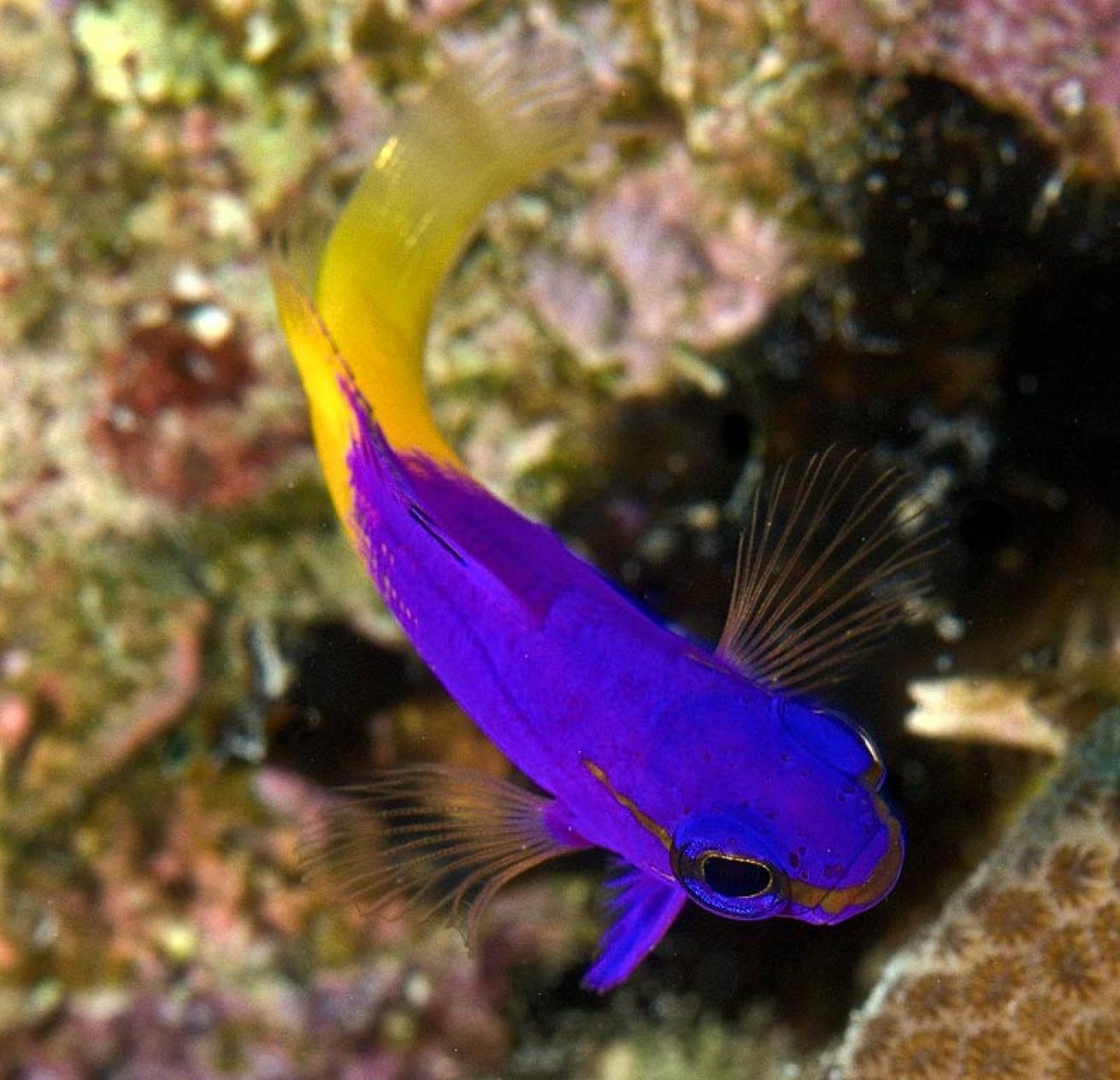
Jonathan LavanJonathan Lavan frequently goes on dive trips to photograph marine life, using many of his photos to teach his REEF fishinars. The following photos are collection of some of his best work.
Photographer and surveyor Jonathan Lavan was recognized last March as the REEF 2012 Volunteer of the Year for his work surveying fish and teaching REEF’s online webinars, called fishinars. Scuba Diving Magazine had the chance to speak with Lavan about what this award means to him and his passion for teaching.
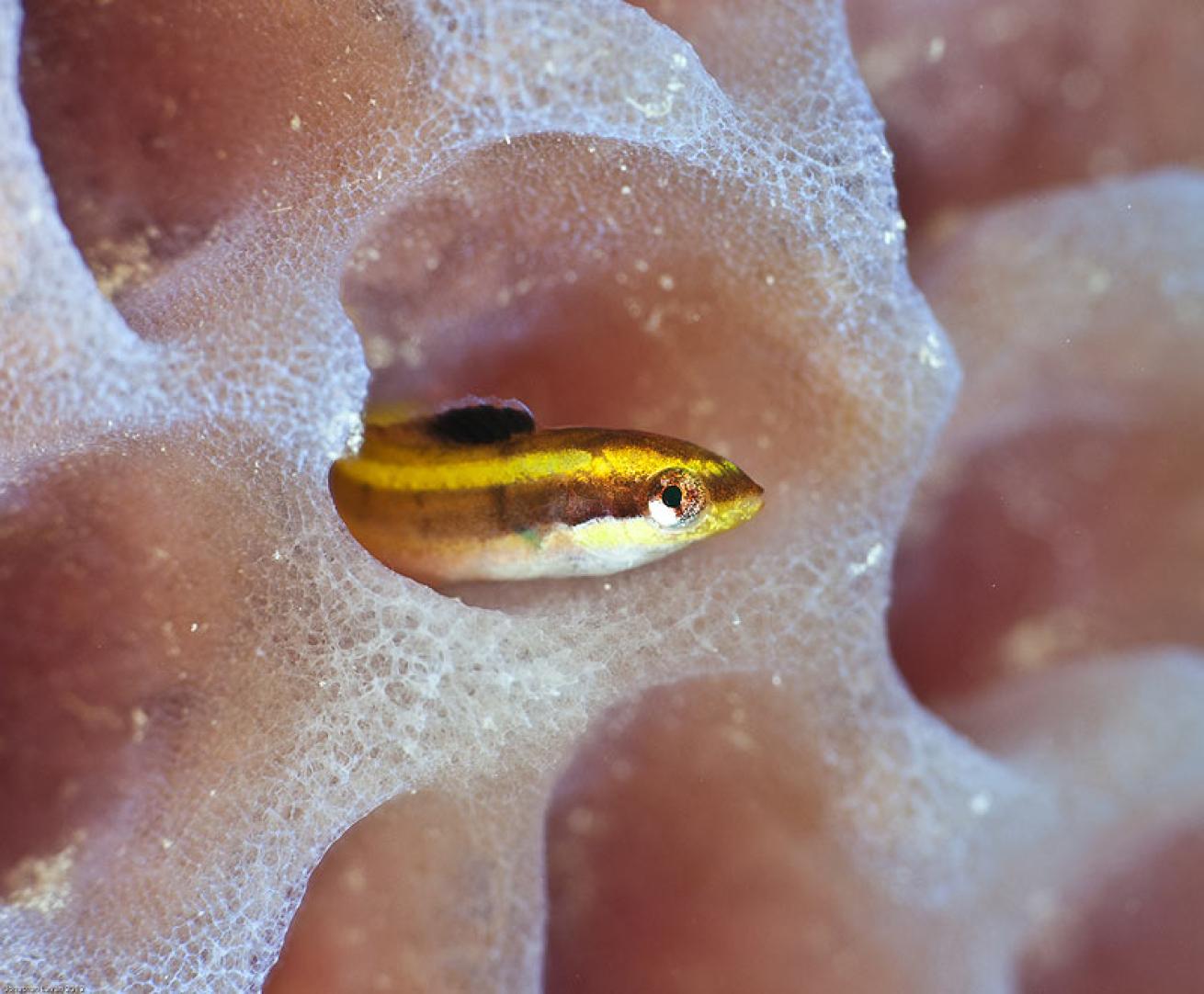
Jonathan Lavan
What first sparked your interest in marine life?
Growing up on the coast of Maine, I was always into nature. I was turning over rocks, looking at tide pools and was interested in animals in general. I got into snorkeling early on and always loved swimming. When I got a little older, I decided that I wanted to learn how to scuba dive, so at the age of 21, I got certified in Maine.
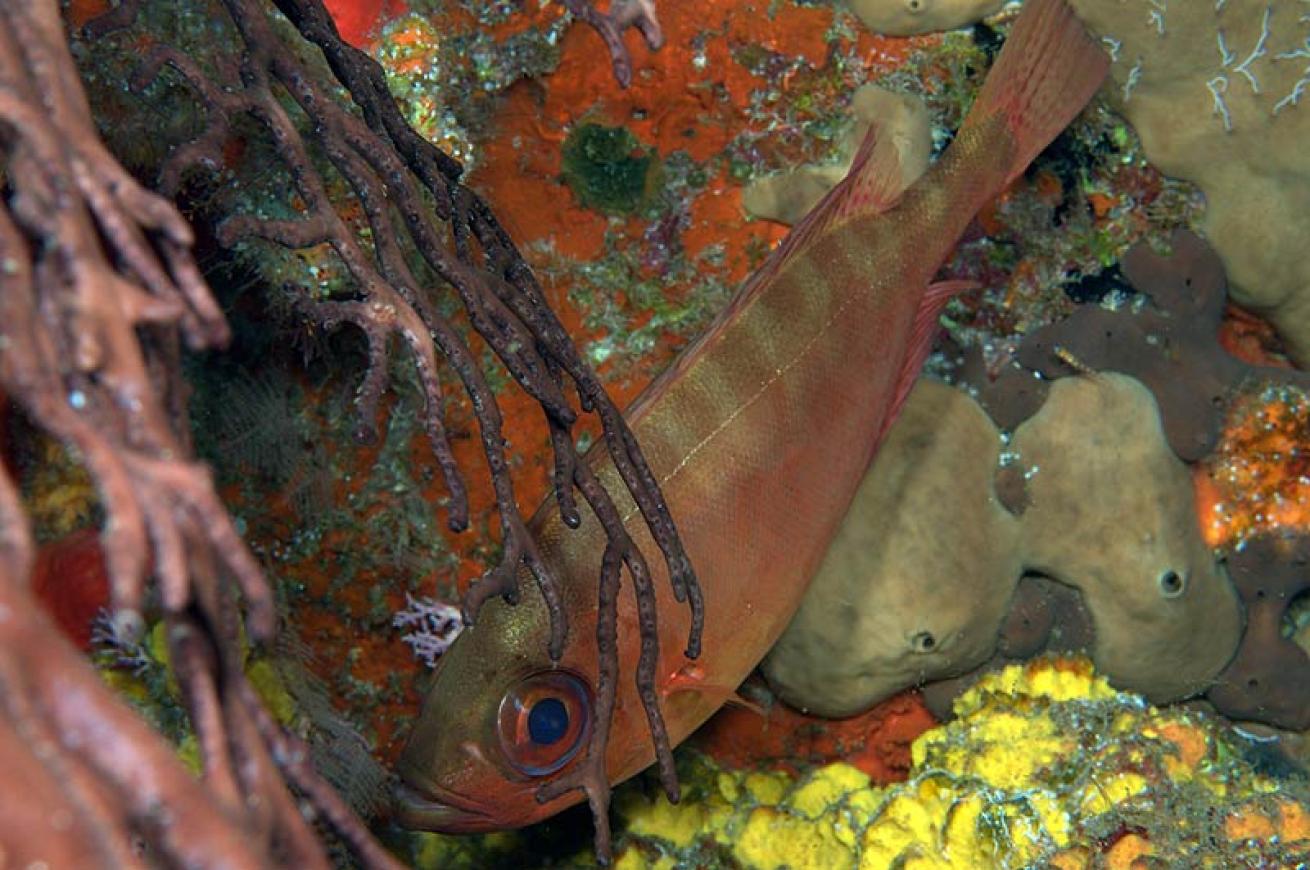
Jonathan Lavan
What are a few of your favorite dive destinations, and why?
When I first started really getting back into diving, I went to the Red Sea. Part of what really interested me about that area was that it’s so isolated, so there are lots of endemic species that you’re not going to see anywhere else, so that was a really wonderful dive trip.
I also started diving with the Rocio Del Mar, which is a liveaboard out of the Sea of Cortez. I really fell in love with that area, because that too is a very isolated area with a lot of really cool endemic species.
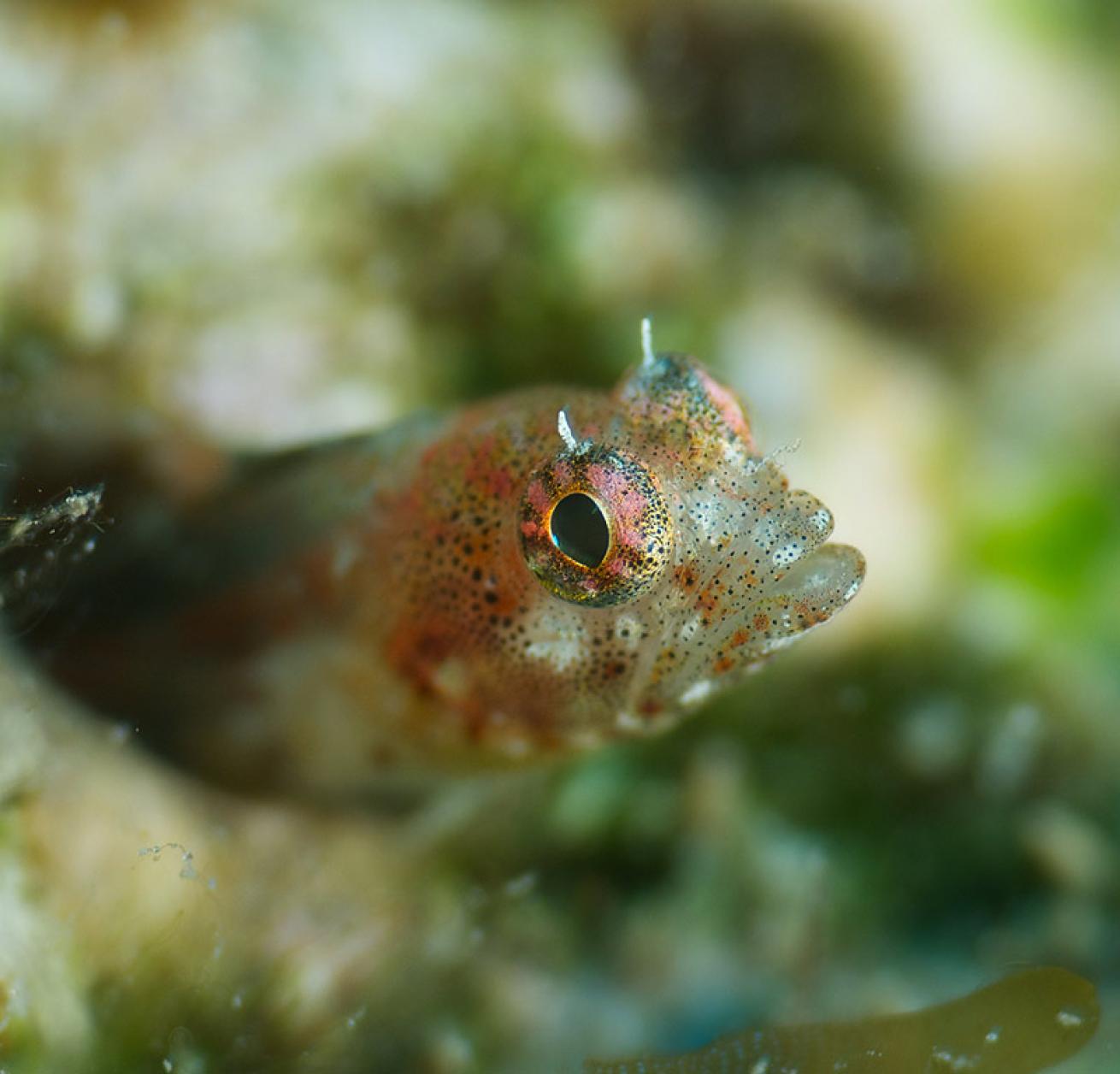
Jonathan Lavan
What motivates you to teach these fishinars?
The only way we can have an impact on the future is to get as many people as involved as possible; that’s why citizen science is so important. If you make people feel an investment in what they’re looking at, that makes a difference. I want to give people more of an understanding about the animals that live in the ocean, and if that can have in impact for the big picture, than that’s what I’m trying to do.
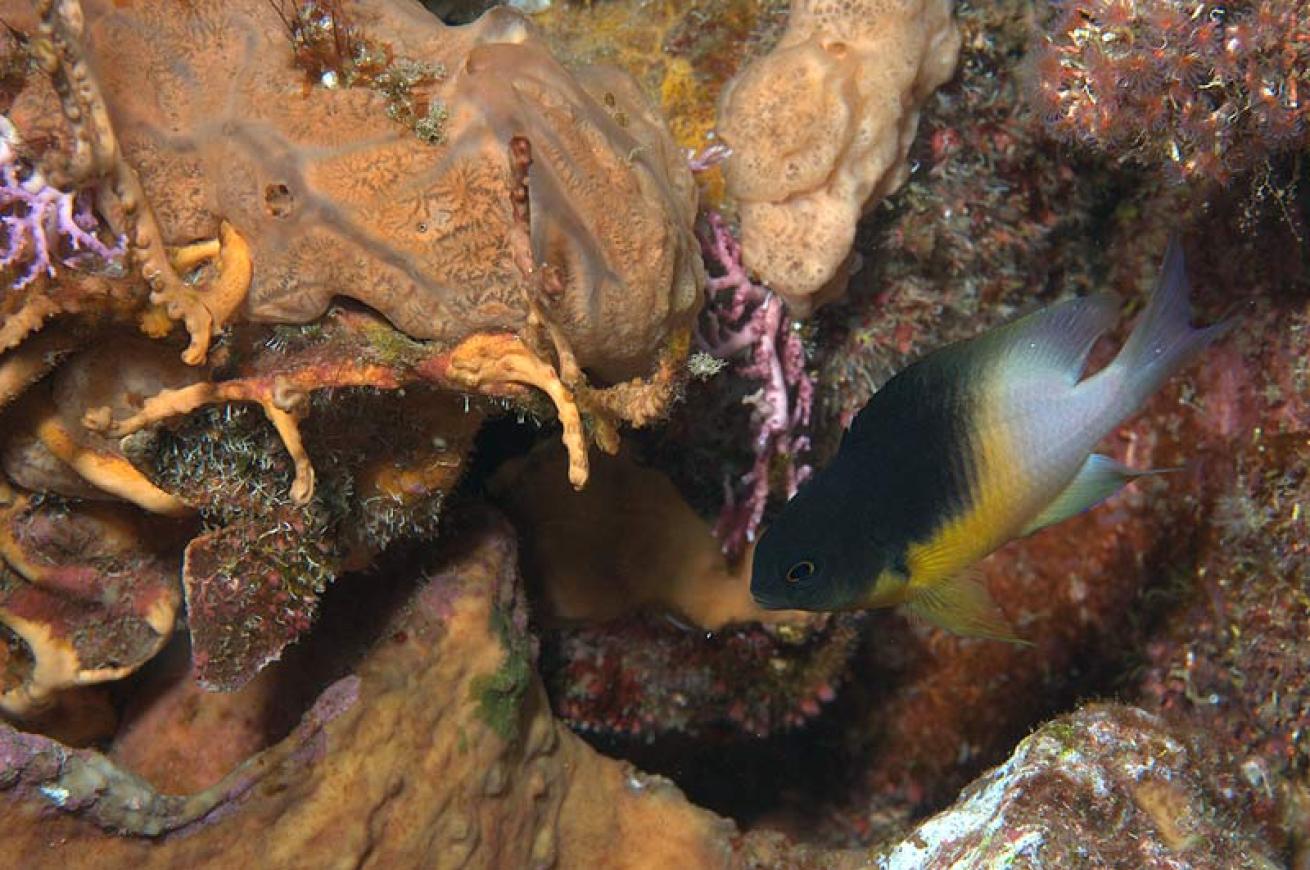
Jonathan Lavan
How much does this award mean to you as a REEF member and active supporter of marine life?
Receiving this citation genuinely moved me; I feel like I’m doing my part to protect the ocean.
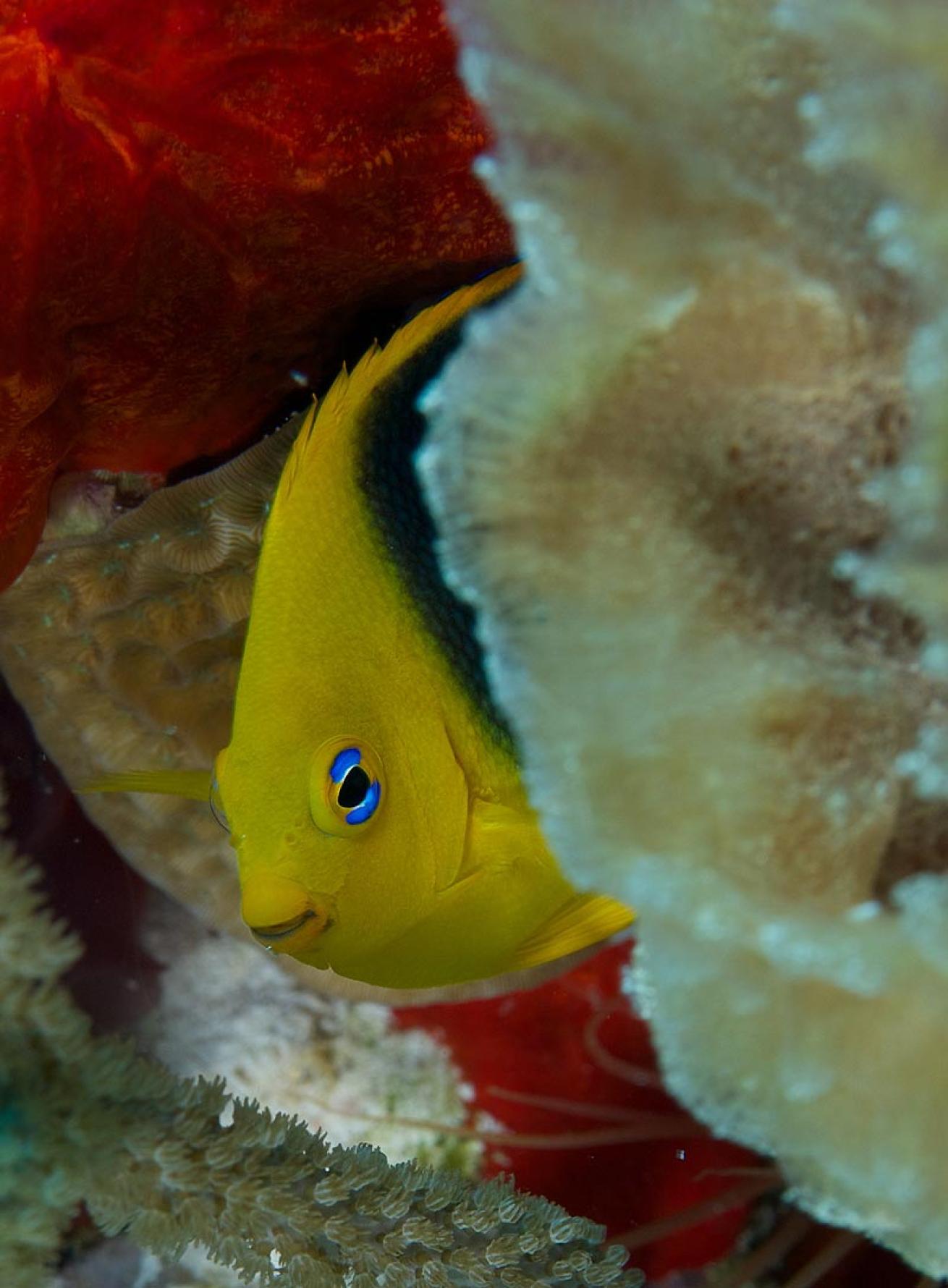
Jonathan Lavan
What marine animals interest you the most?
I particularly enjoy blennies; they have lots of funny, fussy behavior and they’re always fighting with each other. They also have some really goofy looks, because they have googly eyes, they can move independently and they got those crazy cirri, which makes it look like they got some kind of crazy wig on.
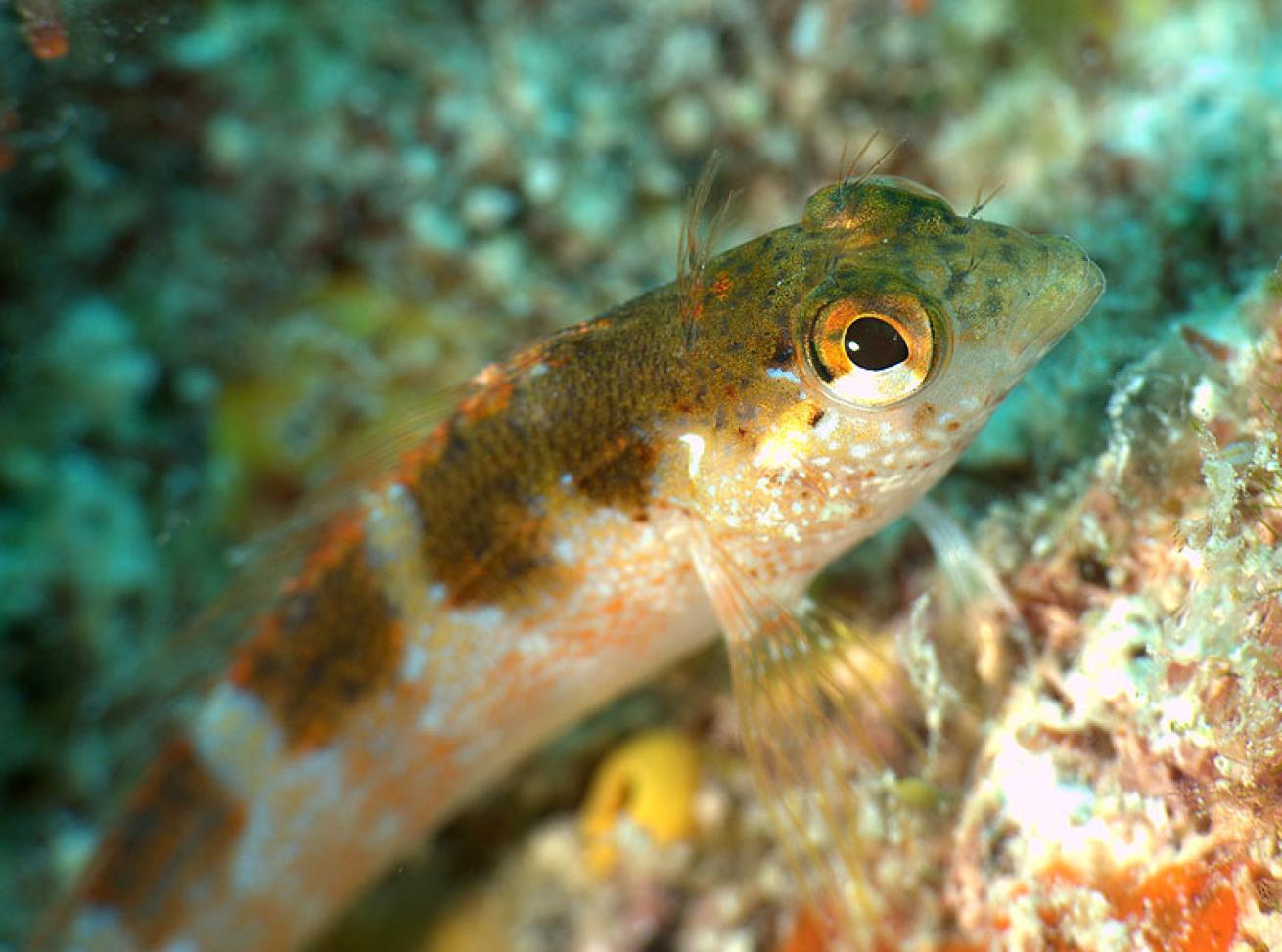
Jonathan Lavan
Any advice for up-and-coming marine photographers and scientists?
Know what you’re looking at and where you can find it.
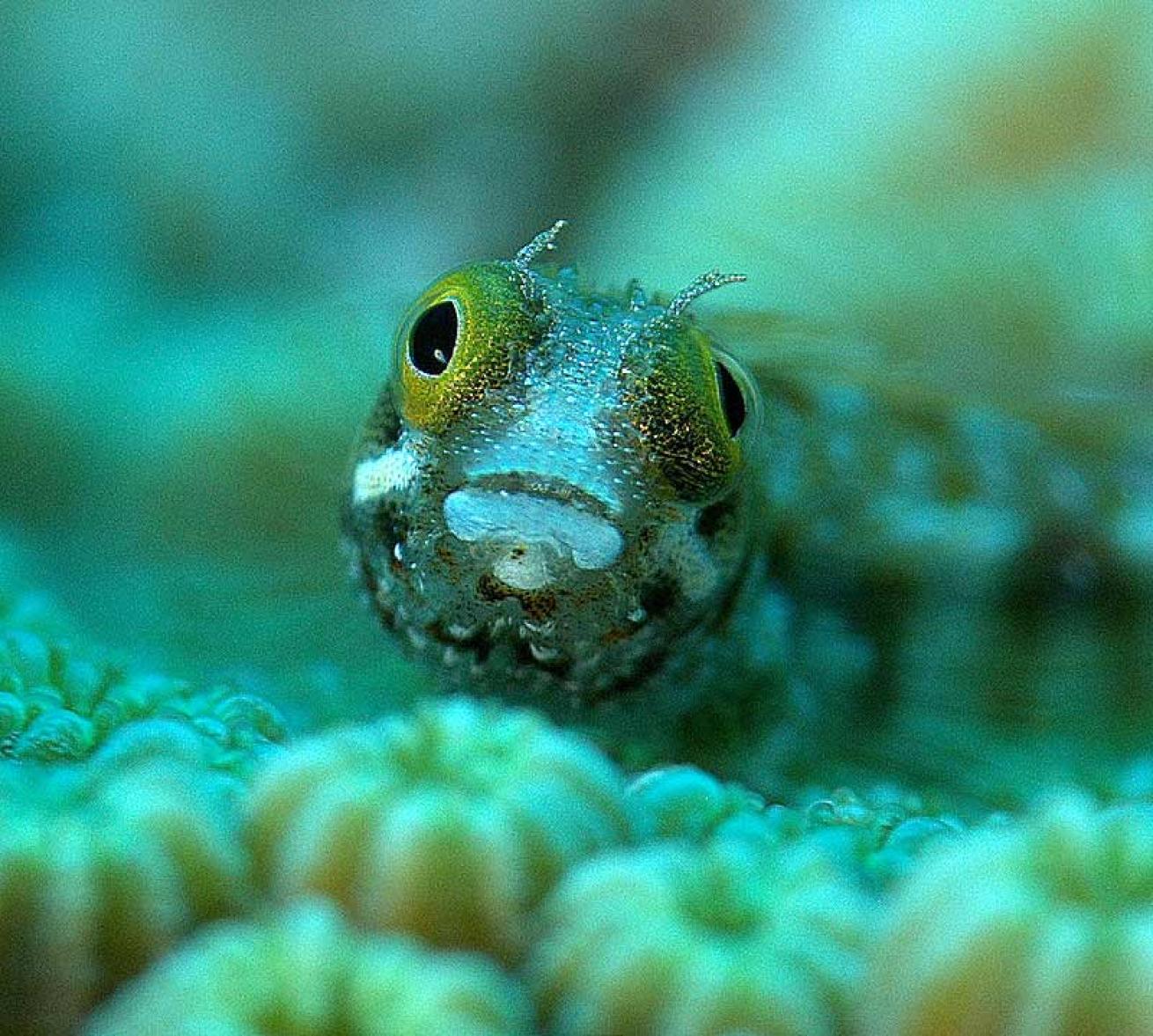
Jonathan Lavan
What are your future plans in the field?
I’ll be working with the program Discover the Depths to teach high school kids and build a life-size inflatable giant squid.
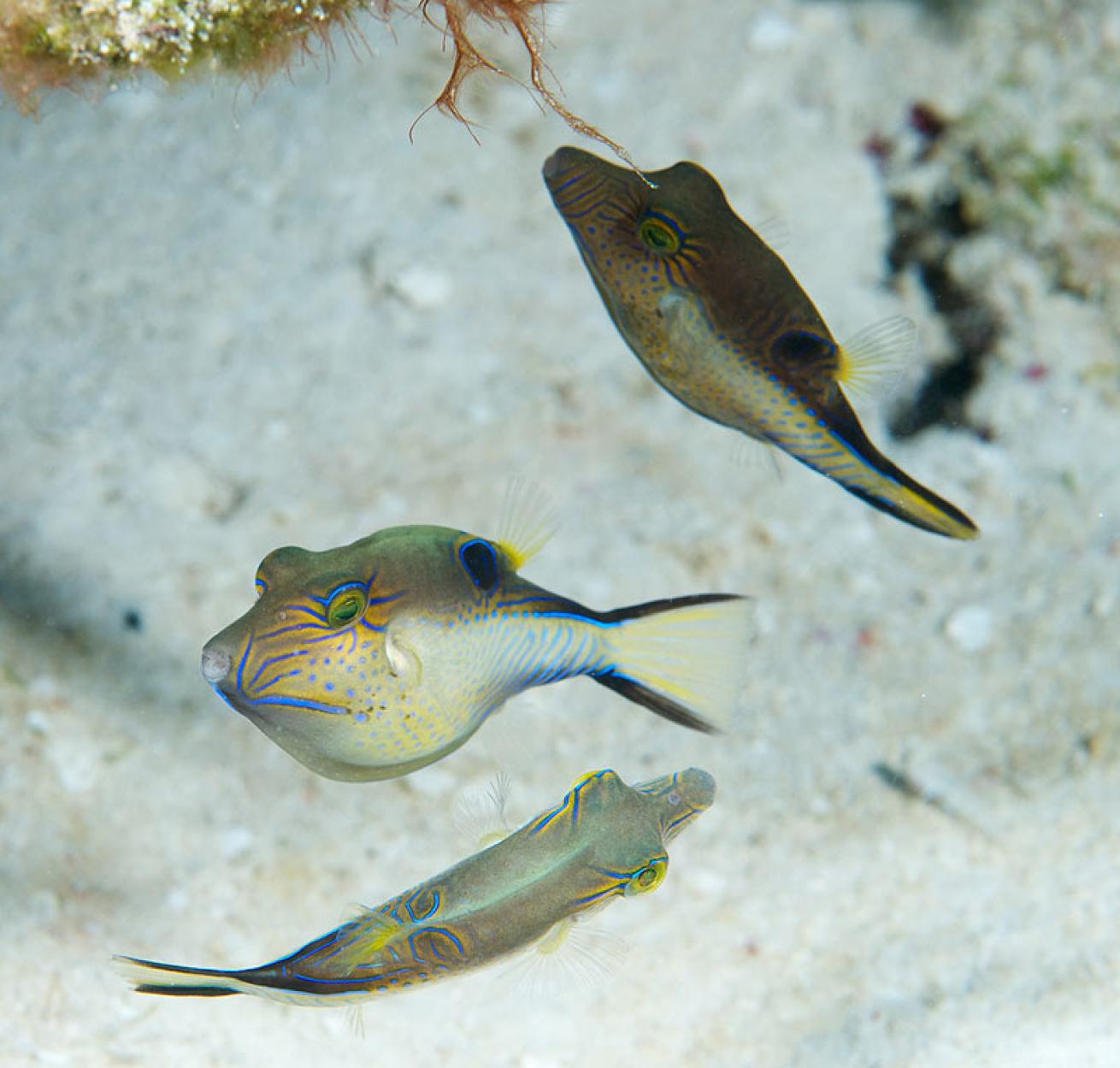
Jonathan Lavan
Is there anything else that you’d like to share, or think is important for our audience to know?
REEF is a small non-for-profit that has grown a lot in the last 20 years. The best thing about REEF is that you can actively be a part of the organization, with really no cost to you. You join for free, the webinars are free and then, if you want to get more involved, the best way to learn fish watching is with people who are into fish watching. To go on one of these REEF dive trips, which are darn good dive trips usually for less money, you’re going to learn so much about fish watching. It’s just a great organization.
For more information about REEF’s fishinars, visit reef.org/fishinars
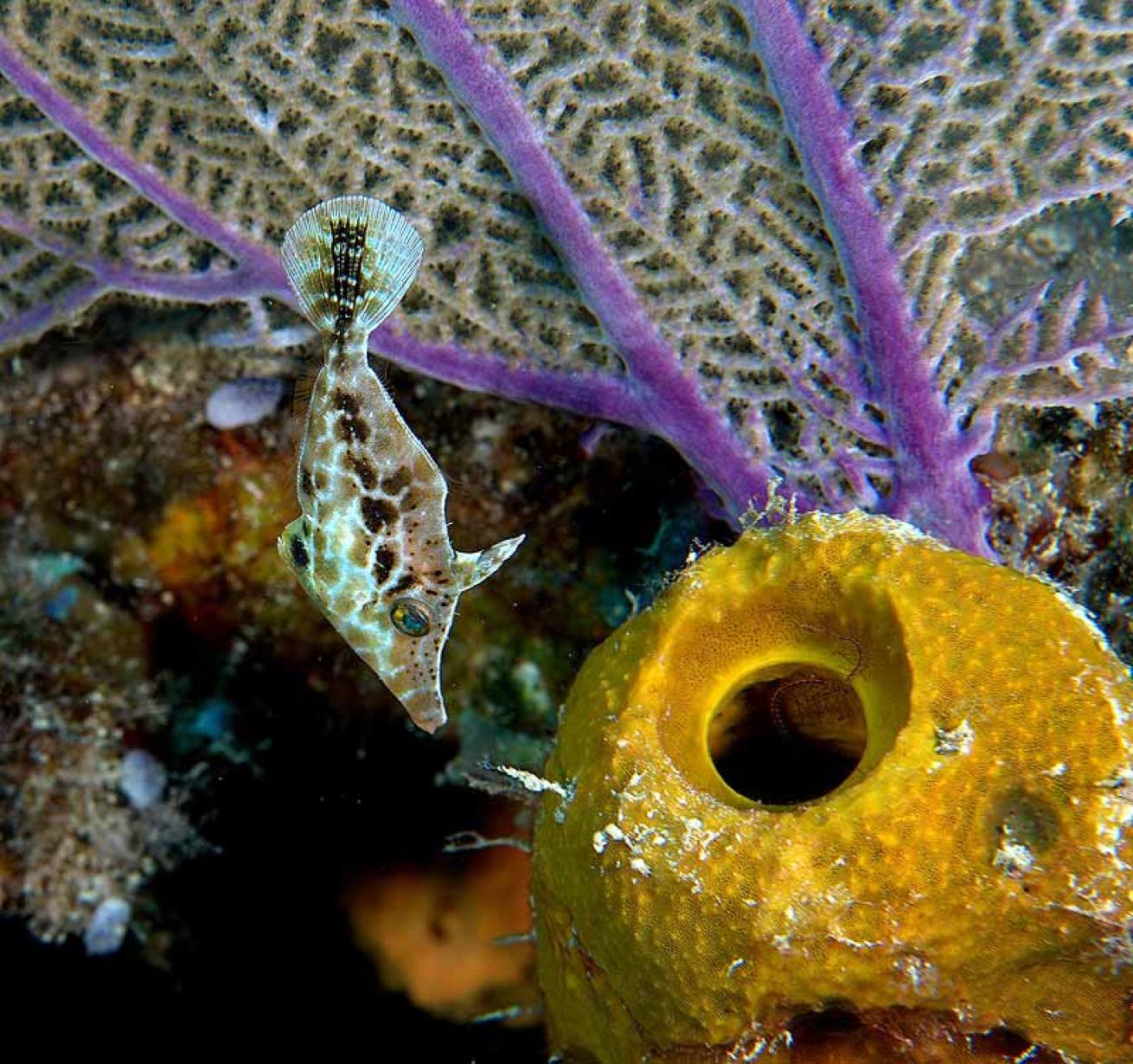
Jonathan Lavan
